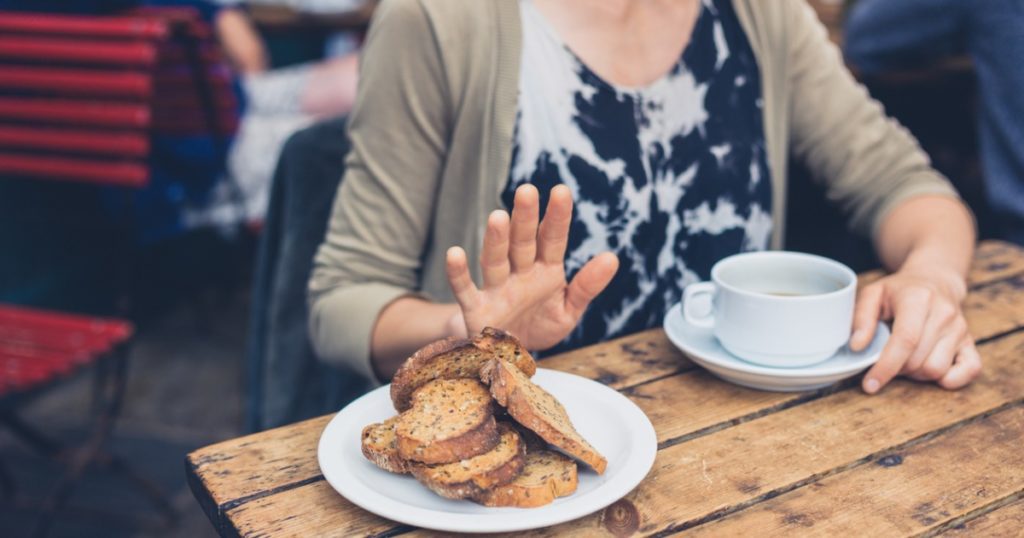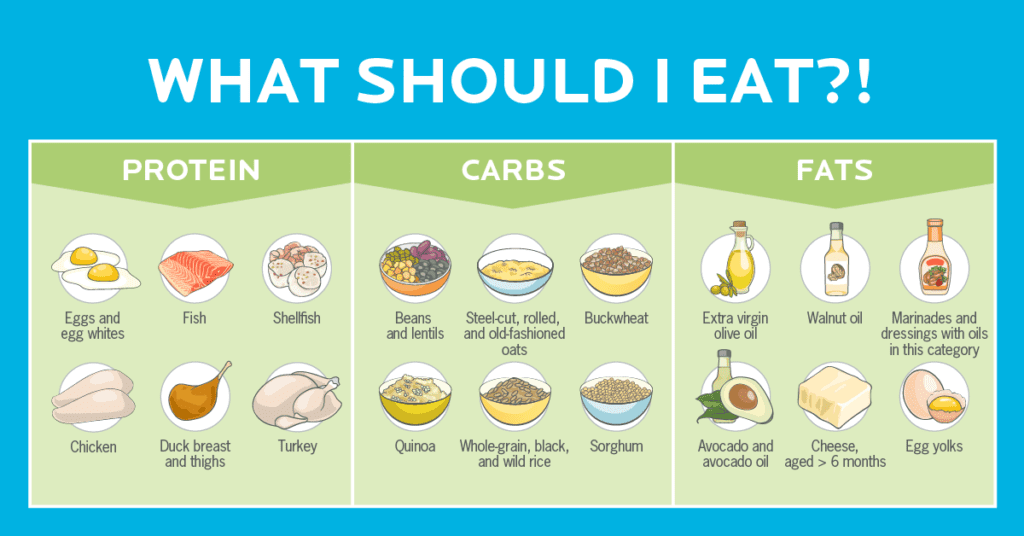“Eat whole grains, not refined grains.”
As nutrition rules go, this one needs no explanation. Or does it?
Do most folks know the real difference between whole and refined grains?
And more importantly, are whole grains always the better choice?
Understanding the facts can help you (or your clients) select grains that best match your personal preferences and goals.
Let’s start with the key difference:
- With whole grains, processing removes only the indigestible outer hull, preserving the nutrition-packed bran and germ, and the endosperm.
- With refined grains, processing strips away the bran and germ—leaving behind only the soft, easy-to-chew endosperm that’s rich in starch but not much else.
Does this mean refined grains should be universally avoided?
No.
Processing is just one factor to consider.
For example, refined grains are an important part of many food cultures and experiences and can absolutely be part of a healthy overall diet.
What’s more, some refined grains contain more fiber, protein, vitamins, and minerals than many people think. This is especially true when it comes to specific varieties of breakfast cereal, bread, and pasta. (Many refined grains are “enriched” with healthful nutrients.)
So rather than sorting grains into “good” and “bad” categories, think of them on a spectrum—and in the full context of your (or your client’s) life.
- At one end of the spectrum: intact, minimally-processed whole grains like quinoa and brown rice.
- At the other end of the spectrum: refined, heavily-processed grain-based foods like white bread, pasta, kids’ breakfast cereals, and pastries.
Between those extremes? A whole lot of options for many different circumstances, preferences, and health needs.
Check out this infographic to learn the whole truth about grains.
Download the printer- or tablet-friendly version of this infographic to broaden your grain horizons (and/or to help your clients practice good nutrition without being needlessly restrictive).

Download the printer- or tablet-friendly version of this infographic to open your mind (and kitchen) to the full spectrum of grain products.
If you’re a coach, or you want to be…
You can help people build sustainable nutrition and lifestyle habits that will significantly improve their physical and mental health—while you make a great living doing what you love. We'll show you how.
If you’d like to learn more, consider the PN Level 1 Nutrition Coaching Certification. (You can enroll now at a big discount.)




Share